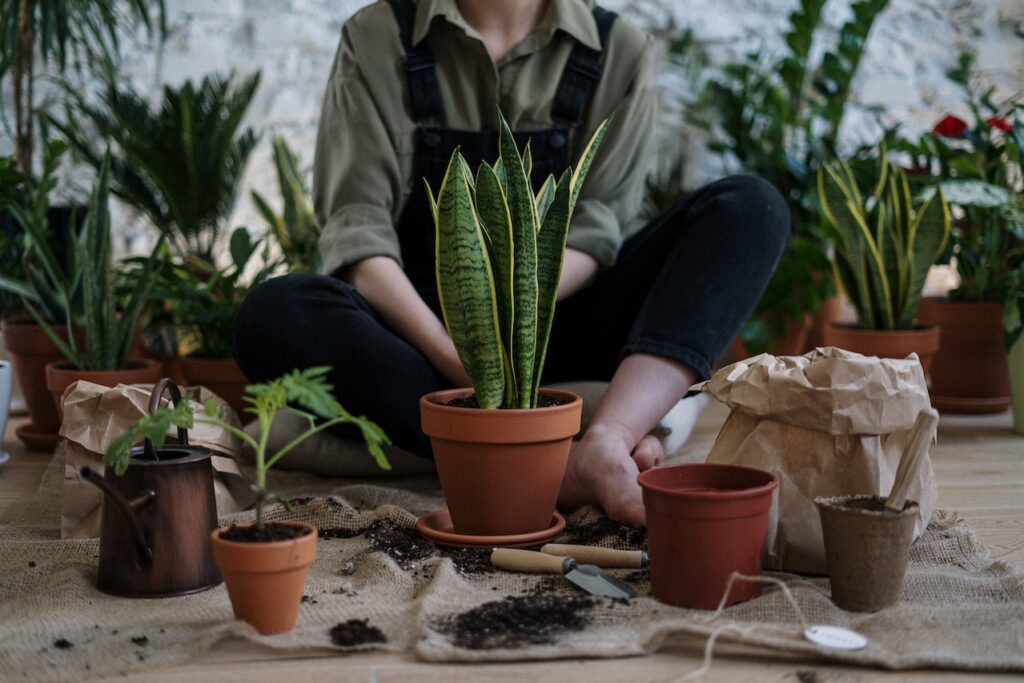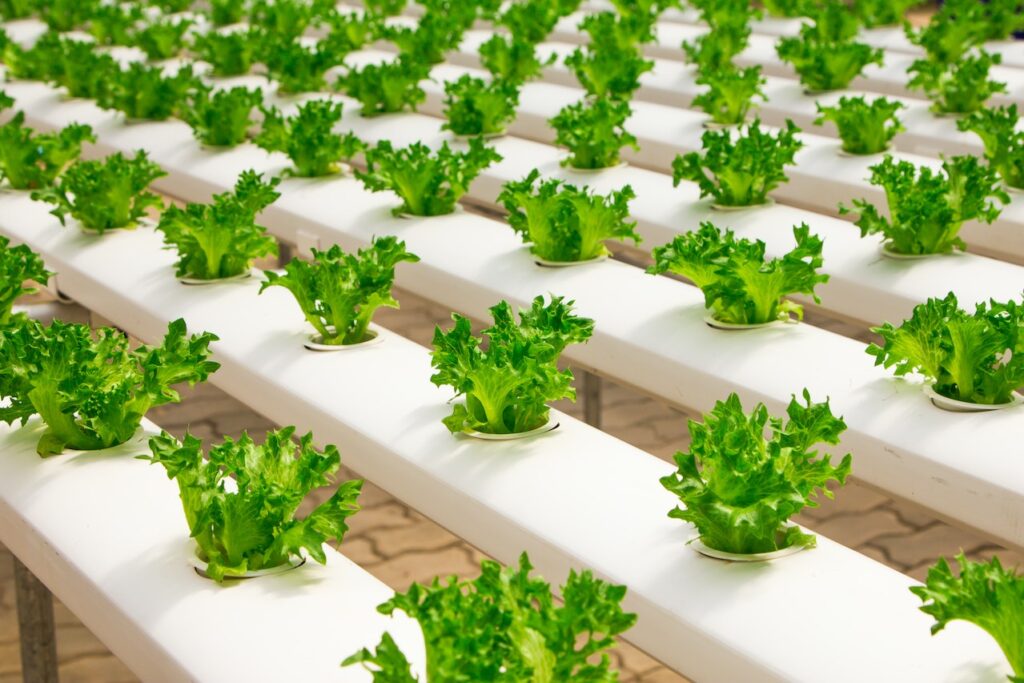Growing Healthy Plants Naturally
The art of organic gardening goes beyond just planting seeds and reaping a harvest. It is a way of connecting with nature, fostering sustainable practices, and reaping a plethora of benefits that extend far beyond the boundaries of our backyards. From vibrant flowers to luscious vegetables, organic gardening holds the key to growing healthy plants naturally. So, let’s dive into the world of organic gardening and explore its captivating benefits.
Enhancing Nutritional Value
One of the significant advantages of organic gardening lies in the nutritional value of the produce it yields. Unlike conventional farming methods that rely heavily on synthetic fertilizers and pesticides, organic gardening nurtures plants naturally, allowing them to develop robust immune systems. As a result, organic fruits, vegetables, and herbs are not only free from harmful chemical residues, but they also boast higher levels of essential nutrients, vitamins, and minerals. By growing your own organic garden, you have the power to nourish your body with wholesome and nutrient-rich produce.
Protecting the Environment
Organic gardening is a sustainable and environmentally friendly approach to cultivation. Traditional farming practices often involve the use of synthetic chemicals that can leach into the soil, contaminate waterways, and harm beneficial insects and wildlife. In contrast, organic gardening embraces the principles of biodiversity, soil conservation, and natural pest control. By eliminating the use of synthetic pesticides and fertilizers, organic gardeners contribute to the preservation of our ecosystems, ensuring a healthier and more balanced environment for future generations.
Promoting Soil Health
The foundation of any successful garden lies in the health of its soil. Organic gardening focuses on building and maintaining fertile soil through the use of compost, cover crops, and organic matter. By nourishing the soil with organic amendments, gardeners improve its structure, drainage, and nutrient-holding capacity. Healthy soil, rich in organic matter, provides a thriving habitat for beneficial microorganisms, earthworms, and other soil-dwelling creatures that play vital roles in decomposing organic matter, cycling nutrients, and improving soil fertility. This creates a self-sustaining ecosystem where plants can flourish naturally.
Encouraging Pollinators and Beneficial Insects
In an organic garden, every creature has a purpose, including pollinators and beneficial insects. Unlike conventional farming practices that often harm these essential creatures with toxic chemicals, organic gardening embraces their presence and works to attract and protect them. By planting a diverse array of flowers, herbs, and native plants, organic gardeners provide a haven for bees, butterflies, and other pollinators. These diligent workers play a vital role in pollinating crops, ensuring their reproduction and the continuation of our food supply. Additionally, beneficial insects like ladybugs and lacewings help control pests naturally, reducing the need for harmful chemical interventions.
Connecting with Nature
Organic gardening offers a unique opportunity to reconnect with nature and forge a deeper bond with the environment. Tending to plants, feeling the soil between your fingers, and witnessing the miracle of growth firsthand can be a transformative and therapeutic experience. The process of organic gardening encourages mindfulness, patience, and a sense of responsibility towards the earth. It allows us to slow down, embrace the rhythm of the seasons, and appreciate the beauty and interconnectedness of the natural world. Whether you have a sprawling garden or a small urban balcony, organic gardening can provide a sanctuary for reflection and tranquility.

Saving Money
Growing your own organic garden can also have a positive impact on your wallet. While the initial investment in organic soil amendments, seeds, and gardening tools may seem daunting, the long-term benefits far outweigh the costs. By producing your own organic food, you reduce your reliance on store-bought produce, which can be expensive, especially if you opt for organic options. Moreover, by adopting sustainable practices such as composting and rainwater harvesting, organic gardeners can further minimize expenses and create a self-sufficient gardening system that is both cost-effective and rewarding.
Building Community
Organic gardening has the power to bring people together and foster a sense of community. Community gardens and shared gardening spaces provide opportunities for individuals to connect, share knowledge, and work towards a common goal. Through collaboration and cooperation, organic gardeners can exchange tips, seeds, and stories, enriching their gardening experience and creating lasting friendships. Community gardens also have the potential to address issues of food security, promote healthy eating habits, and empower individuals by providing access to fresh, organic produce.
Conclusion
Organic gardening is a journey of nurturing and growth, offering a multitude of benefits that extend beyond the mere act of planting and harvesting. From enhancing the nutritional value of our food to protecting the environment, promoting soil health, and fostering a sense of connection with nature, organic gardening holds the key to growing healthy plants naturally. By embracing sustainable practices and cultivating an organic garden, we not only nourish ourselves but also contribute to the well-being of our planet and the generations to come. So, roll up your sleeves, dig into the earth, and embark on the rewarding adventure of organic gardening. Your mind, body, and planet will thank you for it.
